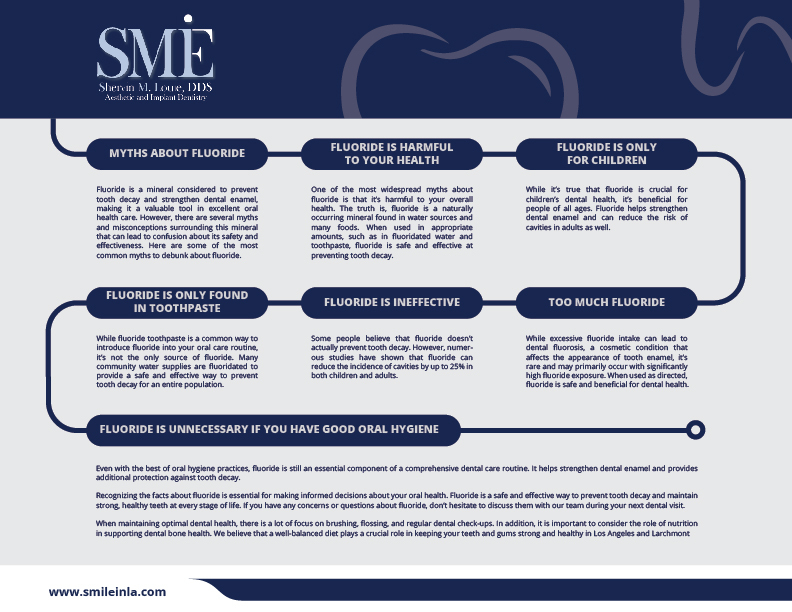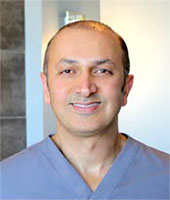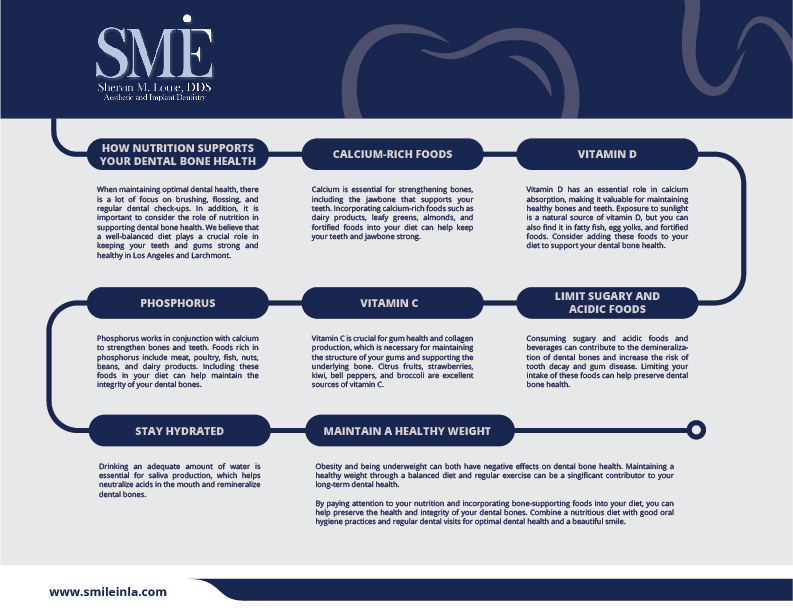Fluoride is a mineral considered to prevent tooth decay and strengthen dental enamel, making it a valuable tool in excellent oral health care. However, there are several myths and misconceptions surrounding this mineral that can lead to confusion about its safety and effectiveness. Here are some of the most common myths to debunk about fluoride.

Fluoride is Harmful to Your Health
One of the most widespread myths about fluoride is that it’s harmful to your overall health. The truth is, fluoride is a naturally occurring mineral found in water sources and many foods. When used in appropriate amounts, such as in fluoridated water and toothpaste, fluoride is safe and effective at preventing tooth decay.
Fluoride is Only for Children
While it’s true that fluoride is crucial for children’s dental health, it’s beneficial for people of all ages. Fluoride helps strengthen dental enamel and can reduce the risk of cavities in adults as well.
Fluoride is Only Found in Toothpaste
While fluoride toothpaste is a common way to introduce fluoride into your oral care routine, it’s not the only source of fluoride. Many community water supplies are fluoridated to provide a safe and effective way to prevent tooth decay for an entire population.
Fluoride is Ineffective
Some people believe that fluoride doesn’t actually prevent tooth decay. However, numerous studies have shown that fluoride can reduce the incidence of cavities by up to 25% in both children and adults.
Too Much Fluoride
While excessive fluoride intake can lead to dental fluorosis, a cosmetic condition that affects the appearance of tooth enamel, it’s rare and may primarily occur with significantly high fluoride exposure. When used as directed, fluoride is safe and beneficial for dental health.
Fluoride is Unnecessary if You Have Good Oral Hygiene
Even with the best of oral hygiene practices, fluoride is still an essential component of a comprehensive dental care routine. It helps strengthen dental enamel and provides additional protection against tooth decay.
Recognizing the facts about fluoride is essential for making informed decisions about your oral health. Fluoride is a safe and effective way to prevent tooth decay and maintain strong, healthy teeth at every stage of life. If you have any concerns or questions about fluoride, don’t hesitate to discuss them with our team during your next dental visit.
When maintaining optimal dental health, there is a lot of focus on brushing, flossing, and regular dental check-ups. In addition, it is important to consider the role of nutrition in supporting dental bone health. We believe that a well-balanced diet plays a crucial role in keeping your teeth and gums strong and healthy in Los Angeles and Larchmont

